Track my order
RESOURCES
What Are Shipping Containers Called Sea Cans, C Cans, C Containers & More
There is a multitude of official and unofficial shipping container names out there. Read this simple guide to find out what other shipping container names there are and how they came to be.


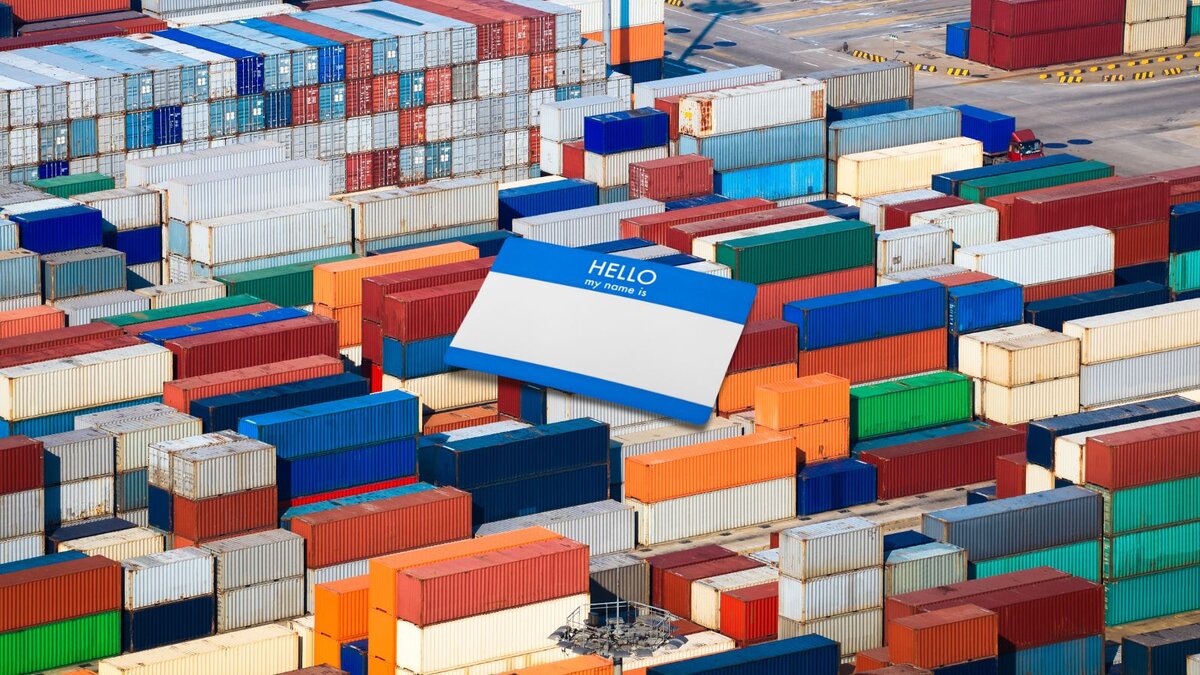
What Are Shipping Containers Called?
Shipping containers are incredibly versatile. While they’re primarily used to transport cargo across long distances, they can also fulfill plenty of other purposes.
Shipping containers can be used as the structural bases for houses, home offices, and backyard offices. They can be turned into swimming pools and converted into vertical greenhouses. They can be used by small businesses trying to manage their overflow of inventory and by homeowners trying to handle their overflow of household clutter. You can use containers for moving house when you have far too much furniture to fit into a rental van. These vessels are capable of fulfilling more than one objective.
There is more than one type of shipping container available. You can choose different container lengths (20ft and 40ft) and heights (standard and high-cube). You can choose between new and used shipping containers, which are sorted into three different grades (one-trip, cargo-worthy, and wind-and-watertight). Click here to find the type of shipping containers you need!
So, it should come as no surprise that shipping containers also carry more than one name. There is a multitude of official and unofficial shipping container names out there. Read this simple guide to find out what other shipping container names there are and how they came to be.
What Are Shipping Containers Called?
Shipping Containers
First things first, why is it called a shipping container? Shipping containers have this name because they have traditionally been used to carry and transport cargo via ship.
Shipping containers were invented as a safe and efficient alternative to storing breakbulk cargo on ships. Breakbulk was the traditional method for storing and transporting cargo overseas, but it came with many disadvantages. Loading and unloading breakbulk cargo took a long time to complete, and it required a lot of labourers to be on hand. The concept of containerization streamlined the loading and unloading process, all while making other elements of international trade easier.
Sea Containers (C Containers)
What is a sea container? It’s the same as a shipping container. The name refers to its primary purpose of carrying cargo overseas. Sometimes, the name will be shortened to “C Container” (where the letter “c” replaces the word “sea”).
Sea Cans (C Cans)
Have you seen ads stating “sea cans for sale?” Sea cans for sale are shipping containers for sale! Similar to c containers, “sea can” is often shortened to “c can.”
Sea Bins (C Bins)
Sea bin is another name used for shipping containers. Similar to c containers and c cans, the term is sometimes shortened to c bin.
Ocean Containers
Shipping containers are called ocean containers because they are often used to transport cargo across oceans.
Cargo Containers
Shipping containers store and carry cargo, which is why they’re often called “cargo containers.”
Storage Containers
Shipping containers store cargo, which is why they’re often called storage containers (whether they’re grounded or in transit). Containers that are being transported via train are sometimes called “train storage containers,” whereas containers transported via ship are sometimes called “sea storage containers.”
If you’re planning on having a permanent storage container, read these tips on how to secure shipping containers from potential intruders.
Freight Containers
Freight is a term that means large-scale, bulk goods transported via truck, train, ship, or plane. Since shipping containers carry freight, they are sometimes called “freight containers.”
Intermodal Containers
Shipping containers are called intermodal containers because they can be used in multiple modes of transport. Their standardized size, shape, and design allow them to be transported via truck, train, and ship.
ISO Containers
ISO Containers are shipping containers that have achieved the standards of the International Organization of Standardization (ISO). The majority of shipping containers must meet these standards in order to participate in international transport and trade.
Sea Train Containers (C Train Containers)
Shipping containers are sometimes called sea train containers. This could be for two reasons. The first reason is that containers can be transported by sea and train. The second reason is that there was a major shipping company called Seatrain Lines that operated for several decades in North America. The name stuck, even after the company ceased operations.
Sometimes this name is shorted to “c train containers” or “c train storage containers.”
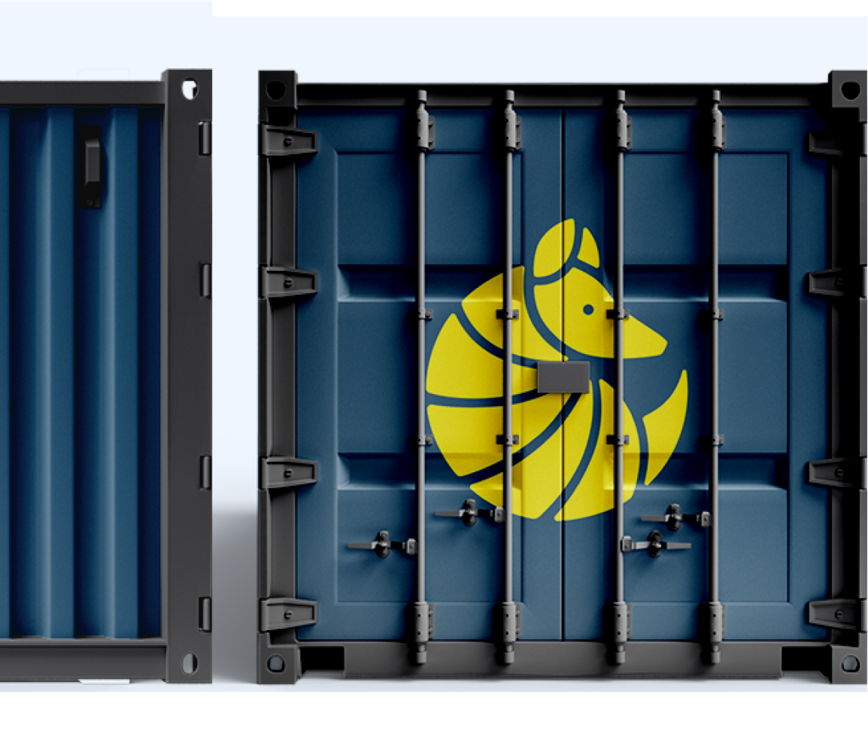
Moving Containers
Shipping containers can be used to transport a homeowner’s belongings to their new house. So, they are sometimes called “moving containers” — especially by members of moving/storage industries.
Why are shipping containers used for this purpose? The internal volume of a standard shipping container provides homeowners with plenty of space for their furniture, packed boxes, and other belongings. Once the container is full, it can be secured to a tilt-bed or flat-bed truck and driven to the new address.
Unlike moving vans from a neighborhood rental company, you can keep the shipping container once you reach the address. You don’t have to rush to return it on time. The moving company will offload the container onto your property, where you can take your time unpacking it. When it’s empty, you can choose to sell the container or convert it for another purpose.
Conex
What is a CONEX? CONEX is a type of container that was used by the U.S. military during the Korean and Vietnam wars. They were used to transport and store essential supplies. While they are similar in shape and purpose, Conexs are typically smaller than standardized shipping containers — although, they are often mistaken for each other.
Going through this guide, you can see that shipping containers have a lot of other names. They go by sea containers, c containers, sea cans, c cans, sea bins, c bins, ocean containers, cargo containers, train storage containers, sea storage containers, freight containers, intermodal shipping containers, ISO containers, sea train containers, c train containers, c train storage containers, moving containers, and Conexs.
It doesn’t matter what you call your shipping container. It will still offer the same qualities of durability, security, and versatility. You can use it to transport your bulk goods, store your personal items or improve your property. No matter the name, your container can fulfill the purpose you bought it for.

About Nina Barango
Nina Barango is an experienced content marketer and container expert with a proven track record in the tech and logistics industry. Having worked with various startups and SMEs, she bridges the world of marketing, tech and shipping containers. When she's not creating content that'll revolutionize global container trade, you can find Nina reading a book or mastering her video editing skills.
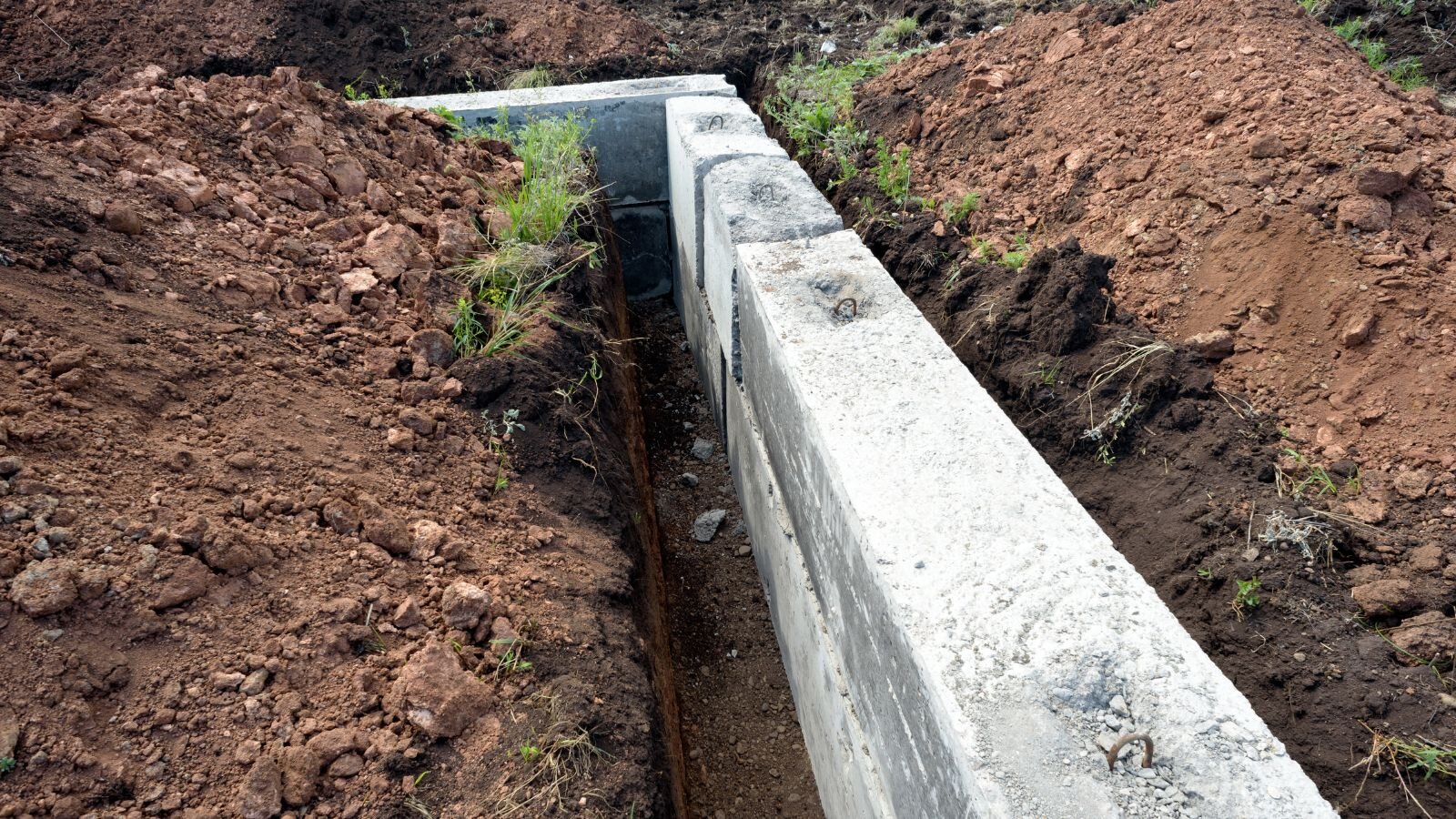

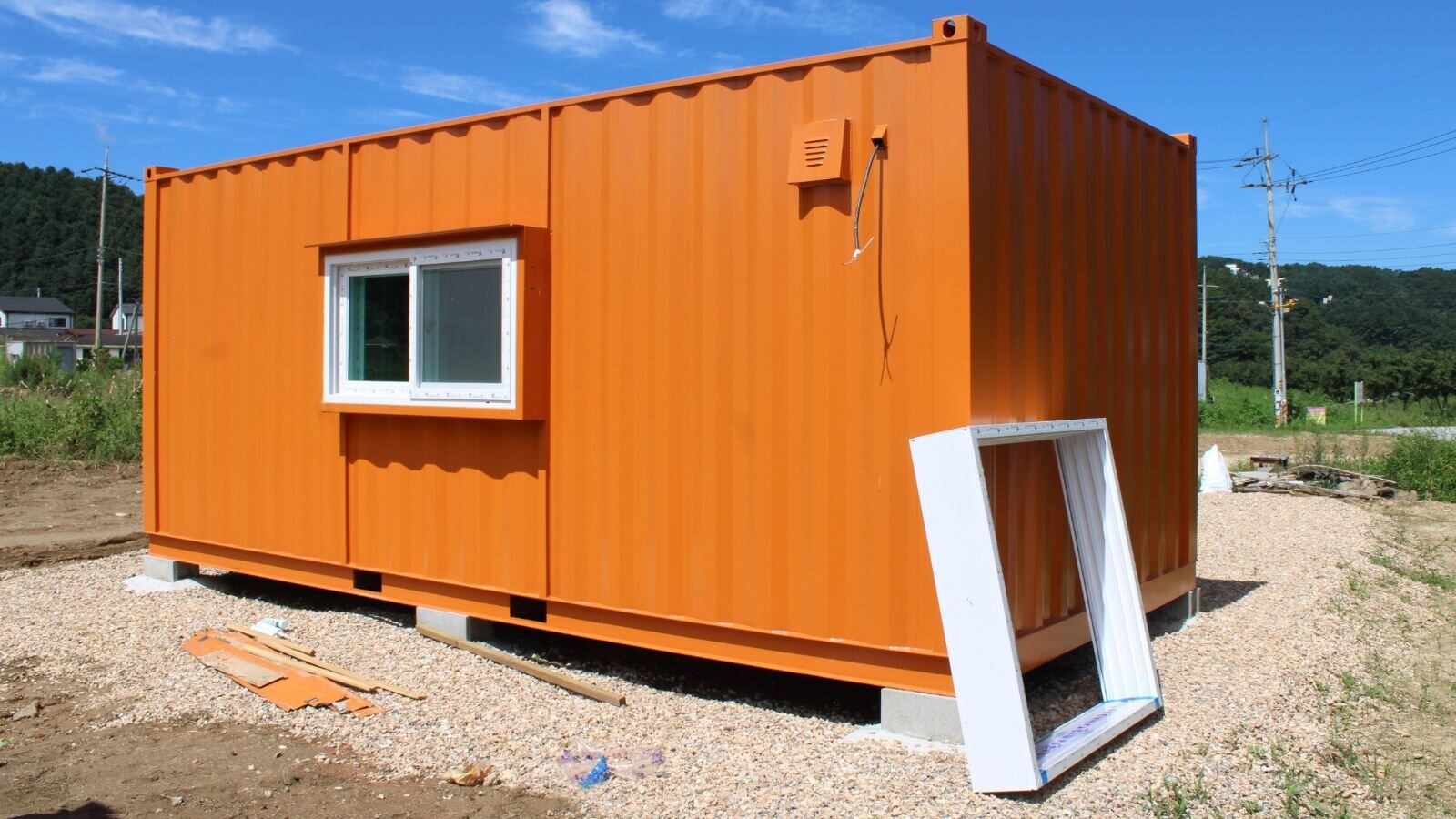

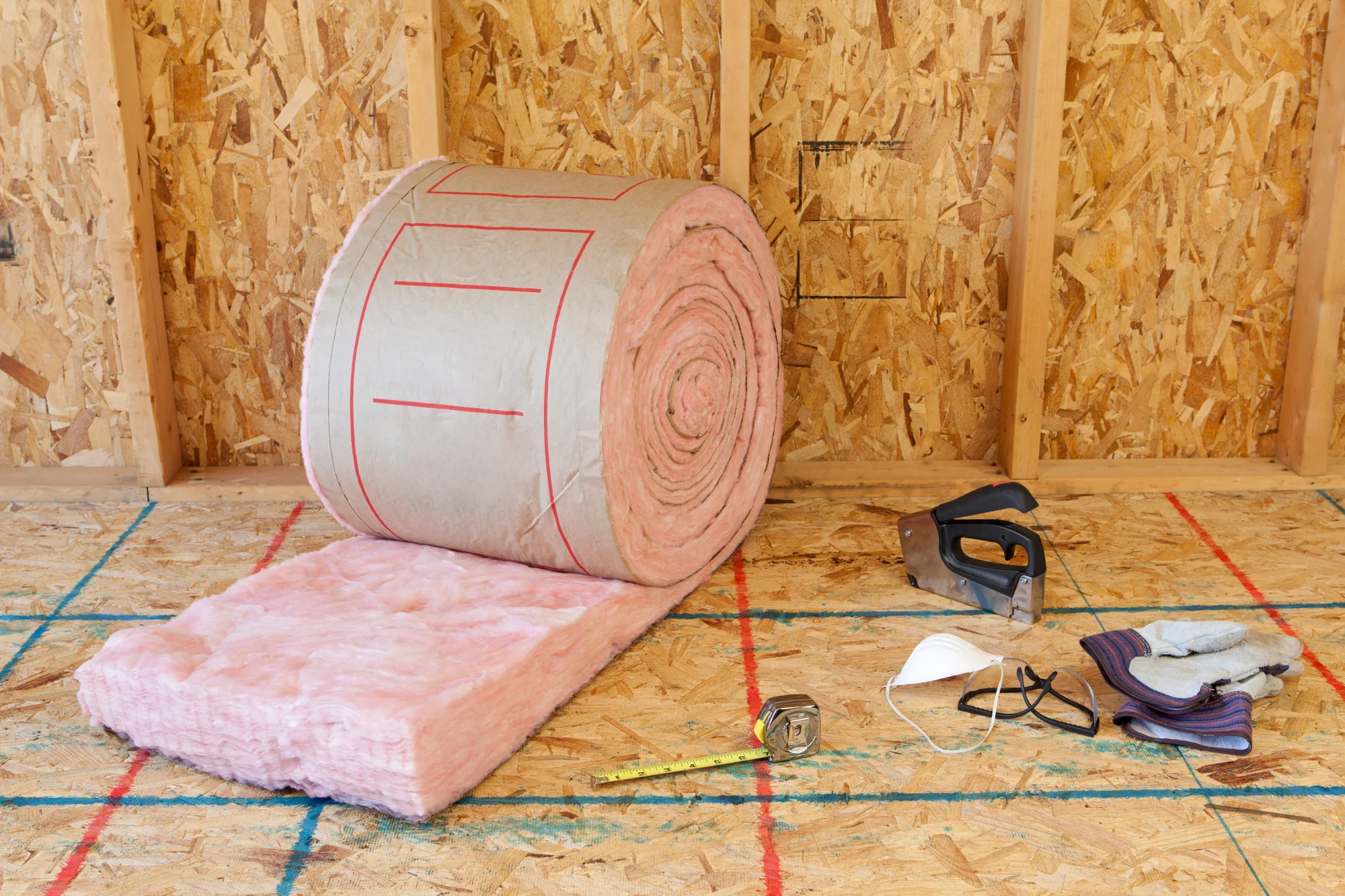


Continue Shopping
Loading cart